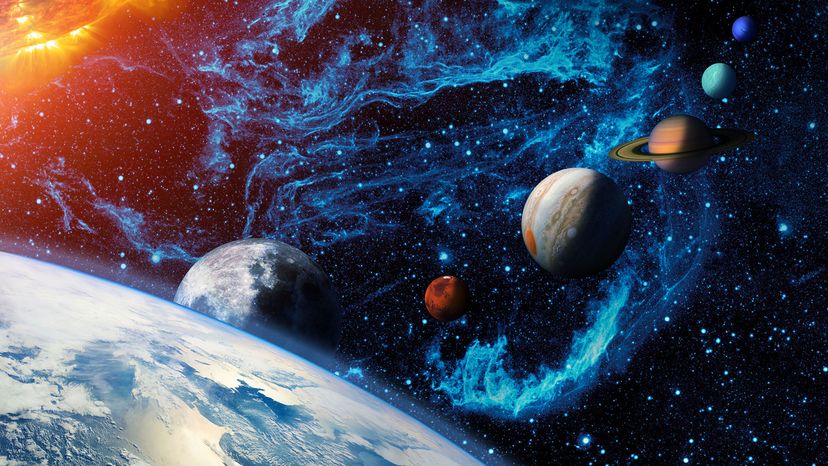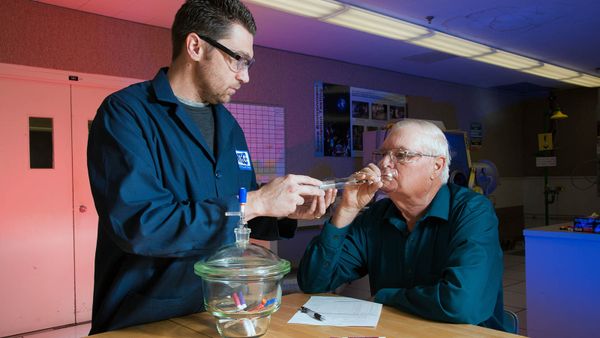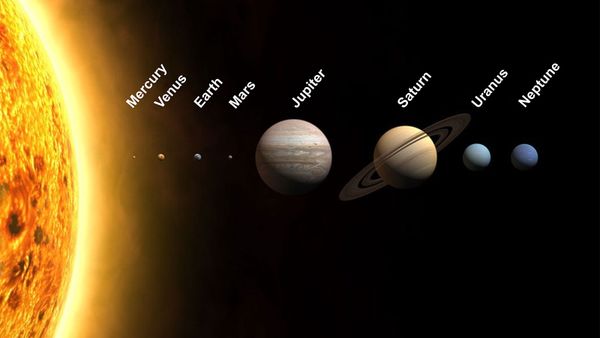
Key Takeaways
- Astronauts report that space has a distinct smell, often described as metallic or sweet.
- These descriptions come from astronauts' experiences after returning from spacewalks and noticing the smell in the airlock, which suggests the scent clings to their suits and equipment.
- The smell of space is thought to be due to the presence of polycyclic aromatic hydrocarbons, compounds that form in the dust and debris of space.
We all know space is empty, right? Most of space is completely absent of anything – not dust, not planets nor sun, not even air. So, why do many of the people who've been to space and spent time in it report that space has a smell?
It turns out that space does smell, and our solar system has a very particular smell. This is likely the result of several factors, but all are clear: Our corner of the universe is kind of stinky. If you're curious to learn what space smells like and why it smells that way, the explanation might surprise you.
Advertisement
Advertisement

